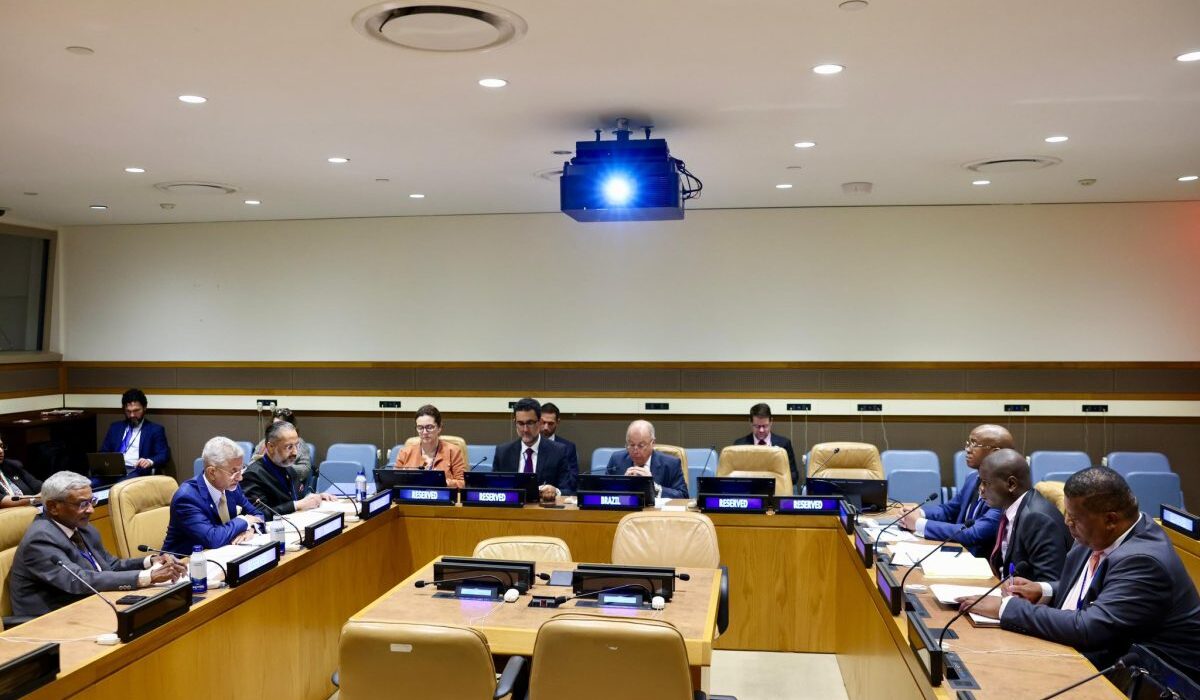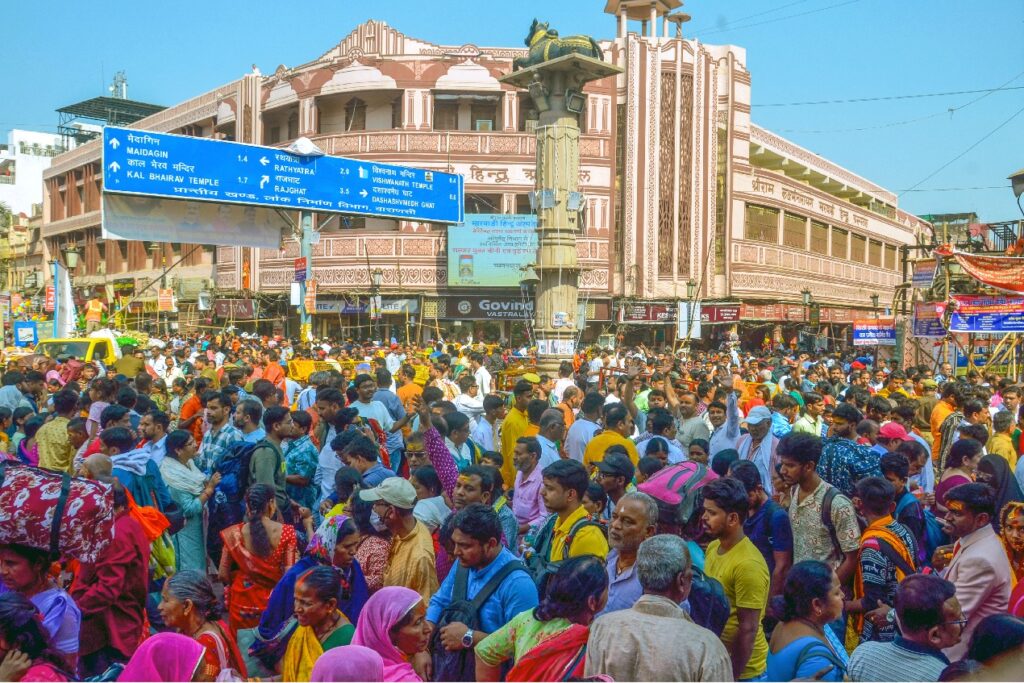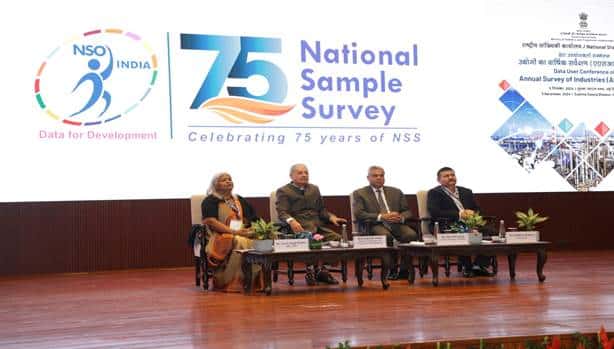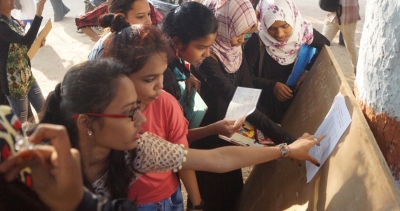India, Brazil, South Africa push for collective efforts to counter Al-Qaeda, ISIS, LeT, JeM

External Affairs Minister S. Jaishankar of India, Brazil’s Minister of Foreign Affairs Mauro Vieira, and South Africa’s Minister of International Relations and Cooperation Ronald Lamola held a meeting on Thursday on the sidelines of 79th Session of the United Nations General Assembly in New York.
The ministers emphasized the urgent need for collective action to combat terrorism, specifically targeting groups such as Al-Qaeda, ISIS/Daesh, Lashkar-e-Tayyiba (LeT), Jaish-e-Mohammad (JeM), and their associated proxies.
Following their meeting, the trio released a joint statement highlighting their shared commitment to expeditiously adopting the Comprehensive Convention on International Terrorism within the UNGA framework. “The ministers called for concerted actions against all UN-listed terrorists and terrorist entities,” the statement said.
The statement further emphasized the ministers’ intent to enhance counter-terrorism collaboration and reaffirmed the UN Security Council’s sole authority to impose sanctions on terrorist entities.
They urged for urgent reforms to the working methods of the UN Security Council Sanctions Committees to enhance their effectiveness and transparency, while cautioning against any politicization or double standards in the proceedings regarding terrorist listings.
In a post on X, Jaishankar wrote, “Attended a productive IBSA Foreign Minister’s meeting today alongside FM Mauro Vieira and FM Ronald Lamola. IBSA nations participate in and shape ongoing global discourses on development, SDGs, poverty eradication, multilateralism, and South-South cooperation. We share convergent views on reforms of UN system and of its Security Council. Our consultations should intensify as these debates acquire greater urgency.”
The ministers collectively condemned terrorism in all forms, asserting that it is a global menace requiring a unified response. They recognized the imperative of dismantling terrorist safe havens worldwide and stressed that the fight against terrorism must adhere strictly to international law and human rights.
They called upon the international community to establish a genuinely broad international counterterrorism framework following the principles of international law and support the United Nations’ central coordinating role in international counterterrorism cooperation.
They recalled the responsibility of all states to prevent and counter-terrorism, including the cross-border movement of terrorists, the financing of terrorist networks and terrorist actions from their territories.
BSA is a unique forum that brings together India, Brazil and South Africa. All three countries are developing, pluralistic, multi-cultural, multi-ethnic, multi-lingual and multi-religious nations. The grouping was formalised and named the IBSA Dialogue Forum when the Foreign Ministers of the three countries met in Brasilia in 2003.









